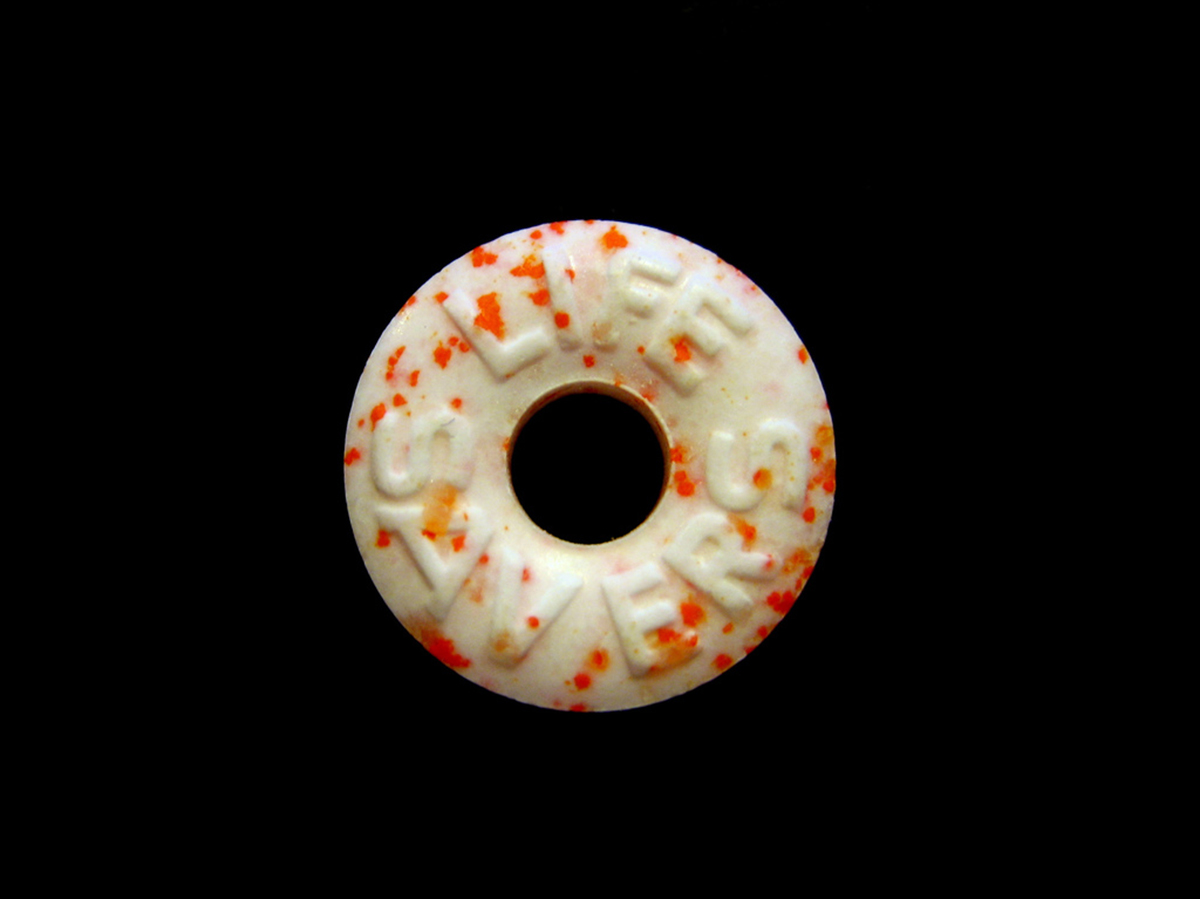Table of Contents

What About The More Common "Chemical" Sweeteners?
NutraSweet, also known as by its chemical name aspartame, has come under much more intense scrutiny that any other artificial sweetener. For many years, Nutrasweet was widely regarded as safe. However, in 1996, The Journal of Neuropathology and Experimental Neurology published an article entitled "Increasing Brain Tumor Rates: Is There a Link to Aspartame?"
The paper stated that brain tumor rates had begun to rise in 1975. Since aspartame wasn't on the market until 1981, it isn't possible that it was part of the problem. The paper also reported that most of the increase was in people born between 1905 and 1922, who weren't the principal consumers of soft drinks and other products sweetened with NutraSweet. When a study of over 450,000 people of all ages was completed in 2006, there was no increase in brain cancer (malignant glioma) in regular users of NutraSweet. In fact, people who use NutraSweet were found to have lower rates of this kind of brain cancer.
READ Sugar Addiction: How to Stop Sugar Cravings
There is no reason to fear artificial sweeteners just because they are, well, artificial. Water, amino acids, and healthy fatty acids are also, after all, chemicals. However, it's always a good idea to remain in control of your appetites. If you can't go through a day without your Diet Coke, probably you should try.
- Lim U, Subar AF, Mouw T, Hartge P, Morton LM, Stolzenberg-Solomon R, Campbell D, Hollenbeck AR, Schatzkin A. Consumption of aspartame-containing beverages and incidence of hematopoietic and brain malignancies. Cancer Epidemiol Biomarkers Prev. 2006 Sep. 15(9):1654-9.
- Olney JW, Farber NB, Spitznagel E, Robins LN. Increasing brain tumor rates: is there a link to aspartame? J Neuropathol Exp Neurol. 1996 Nov. 55(11):1115-23.
- Photo courtesy of skampy via Flickr: www.flickr.com/photos/skampy/2471739461
- Photo courtesy of skampy via Flickr: www.flickr.com/photos/skampy/2471739461
- Photo courtesy of gosheshe via Flickr: www.flickr.com/photos/gosheshe/903223656

